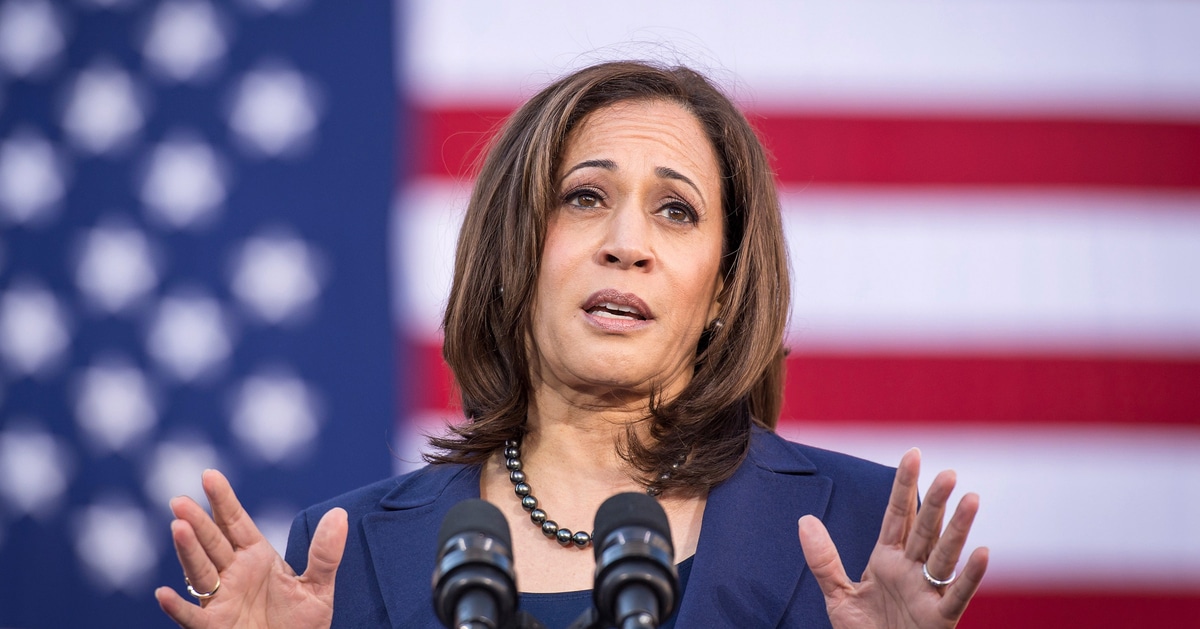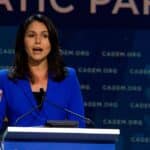





A rare trial kicks off Monday in Boston to challenge the Trump administration’s push to deport international students and faculty for their pro-Palestinian activism. University professors argue these actions trample First Amendment rights. The case, steeped in controversy, tests the balance between free speech and national security.
Newsmax reported that groups like the American Association of University Professors are suing, claiming visa revocations and arrests target non-citizens for their political views.
The lawsuit, filed in March, follows the arrest of Mahmoud Khalil, a Columbia University graduate singled out for his pro-Palestinian stance. It’s a clash of ideology and policy, with campuses as the battleground.
The Trump administration’s actions stem from January executive orders aimed at curbing “hateful ideology” and anti-Semitism.
Secretary of State Marco Rubio revoked over 300 visas in March, citing national interest. Critics call it a thinly veiled attempt to silence dissent on Israel’s war in Gaza, sparked by Hamas’ October 7, 2023, attack.
The lawsuit alleges the State Department and Department of Homeland Security crafted a policy to deport non-citizens for pro-Palestinian advocacy.
Students like Rumeysa Ozturk, arrested after critiquing Tufts University’s Gaza stance, faced swift visa cancellations. Such moves, plaintiffs argue, aim to chill campus protests.
“It is hard to imagine a policy more focused on intimidating its targets,” said U.S. District Judge William Young. His words cut deep, yet the administration insists no formal deportation policy exists. They claim plaintiffs lack evidence of a codified directive, dodging accountability with bureaucratic finesse.
Homeland Security spokesperson Tricia McLaughlin scoffed, “We don’t deport people based on ideology.” Her quote, dripping with dismissal, ignores judges’ rulings that freed detained students for facing retaliation over their advocacy. The contradiction fuels skepticism of the administration’s motives.
Judge Young, an 84-year-old Reagan appointee, will oversee the two-week non-jury trial. He called it “an important free speech case,” emphasizing its stakes. His decision to hold a trial reflects a belief that only rigorous fact-finding can uncover the truth.
“The best way to get at the truth,” Young declared. But the truth is slippery when the administration denies a policy while hundreds lose visas. The plaintiffs, including Harvard and NYU chapters, demand clarity on whether free speech is under siege.
The trial’s first phase will determine if First Amendment rights were violated. A second phase, if needed, will address remedies. With campuses already polarized, the outcome could reshape how dissent is handled in academia.
Protests erupted on U.S. campuses after Israel’s Gaza offensive, drawing global attention. Non-citizen students and faculty, vocal in their criticism, found themselves in the administration’s crosshairs. The lawsuit claims their deportation is punishment for exercising free speech.
Marco Rubio labeled some activists “these lunatics,” a jab that reveals the administration’s contempt. Yet, branding dissent as dangerous sets a chilling precedent. Free speech, once sacrosanct, now seems negotiable when it clashes with political agendas.
McLaughlin, quoting Homeland Security Secretary Kristi Noem, said, “Anyone who thinks they can hide behind the First Amendment to advocate for anti-American and anti-Semitic violence—think again.” The rhetoric is fiery, but conflating protest with terrorism muddies the waters. It’s a tactic to justify heavy-handed measures.
Judge Young’s courtroom is no stranger to Trump-era challenges. Last month, he ruled against the administration for cutting NIH grants over diversity initiatives. His track record suggests a willingness to check executive overreach, offering hope to plaintiffs.
The administration argues plaintiffs can’t prove a deportation policy exists. Yet, the pattern—visa cancellations, arrests, detentions—tells a different story. Denying a policy while enforcing its outcomes smells like a dodge to avoid judicial scrutiny.



